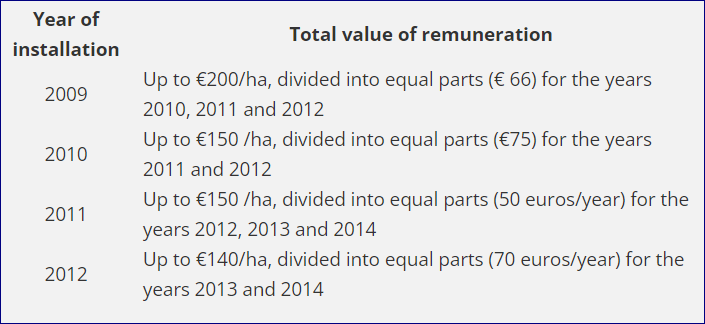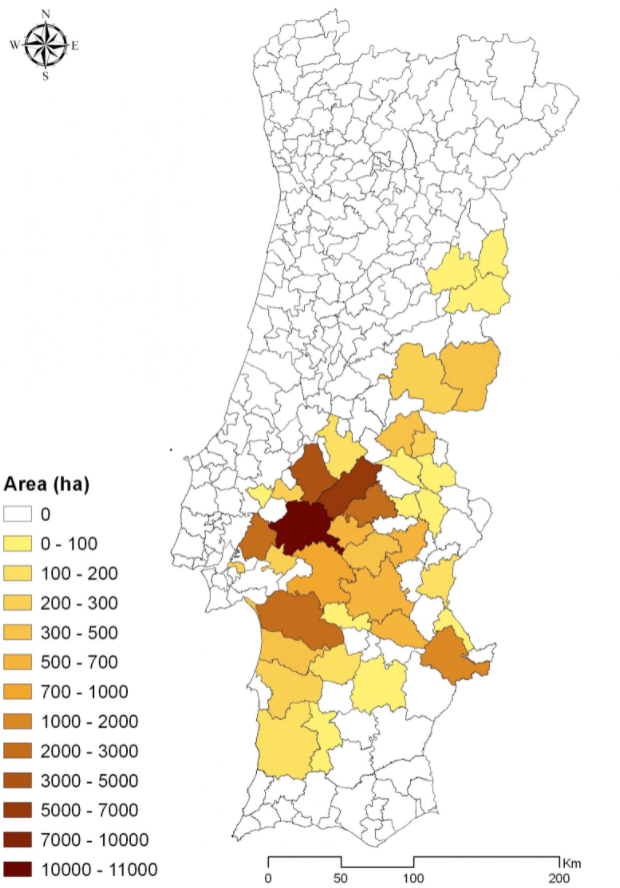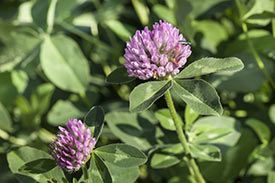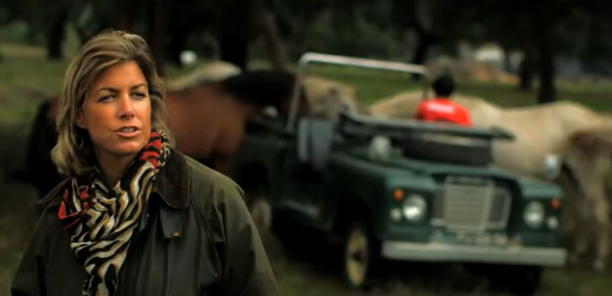Introduction to the challenge addressed
Soil organic matter (SOM) is a particularly important parameter in soil management, especially in mineral soils in Mediterranean and semi-arid countries where its concentration is low. In these conditions, increasing SOM concentration has several agronomic and environmental benefits, ranging from increase in water holding capacity to soil protection and carbon sequestration (Teixeira, 2011). The Sown Biodiverse Pastures project aimed to promote the sustainability of agriculture and the mitigation of environmental impact. The farmers who provided this environmental service were paid for the benefits generated by good agricultural practice. Financial support for the project came from the Portuguese Carbon Fund.
Description of Innovation
Specifically, the project objectives were:
- an increase in the area of these pastures at national and international levels, focusing on degraded areas with low productivity;
- a detailed characterization of environmental services associated with these pastures, as well as the identification and development of mechanisms for evaluating these environmental services and paying farmers for carrying them out;
- a contribution to achieving the national objectives of the Kyoto Protocol.
The project was developed between 2009 and 2012 and brought together around 1000 farmers. This was the first demonstration project, on a large scale, of how society can reward farmers. On joining the project, farmers are attributed an entity that provides administrative and technical assistance.
The farmer must also fulfil the following obligations:
- Comply with legislation regarding the acquisition and marketing of seed and forage mixtures.
- The seeds of several legumes in the composition of these mixtures should be inoculated with Rhizobium specific to each species, ensuring high rates of nitrogen fixation.
- Acquire appropriate mixtures for each specific situation, according to the soil and climatic conditions of the place where the installation takes place. Species and/or varieties used must be perfectly adapted to such conditions, otherwise they will disappear quickly.
- Acquire mixtures that meet the requirements of the project with regard to biodiversity persistence and dose of sowing: minimum 25% legumes and at least 6 different species or varieties, and the sowing dose should be not less than 20 kg/ha.
- Ask the supply companies for information and technical explanations about the use of each mixture.
Payment to farmers made during the project was as described in the table below.

Impact on farm performance

About 50,000 new hectares of biodiverse pastures were sown under de project between 2009 and 2012, contributing to the sequestration of 1 million tons of Co2.
In the image on the left we can see the geographic distribution of the farms that were part of the project.

Trifolium resupinatum
Audio-visual material
Farmer comment (for Good Practices)
Biodiverse pastures ensure higher quality grass and higher quality meat. O fact that we do not till the soil not only increases the organic matter in the soil but also reduces soil erosion and better supports pasture development. Maintaining the biodiversity of these pastures enhances our flora and fauna with more biodiversity and that results in a very pleasant landscape, which is very important for tourism.

Further information
Terraprima Project – Sown Biodiverse Pastures
https://www.terraprima.pt/en/projecto/2
Teixeira R.F.M., Domingos T., et al (2011). Soil organic matter Dynamics in Portuguese natural and sown rainfed grasslands. Ecological Modelling 222: 993-1001.
https://www.terraprima.pt/pt/file_download/55
9th ATF Seminar, Towards climate-smart European livestock farming
C sequestration in soils, restoration of abandoned lands (soils and biodiversity) with pastures, legumes and animals.
https://www.youtube.com/watch?v=aeNiqkpG1zM
Sustainable Land Uses and Carbon Sequestration: The Case Study of Sown Biodiverse Permanent Pastures Rich in Legumes – Ricardo Teixeira PhD thesis
https://www.terraprima.pt/pt/file_download/57